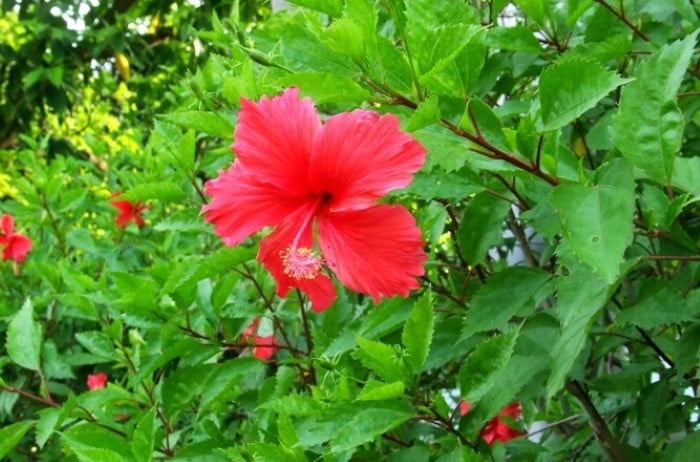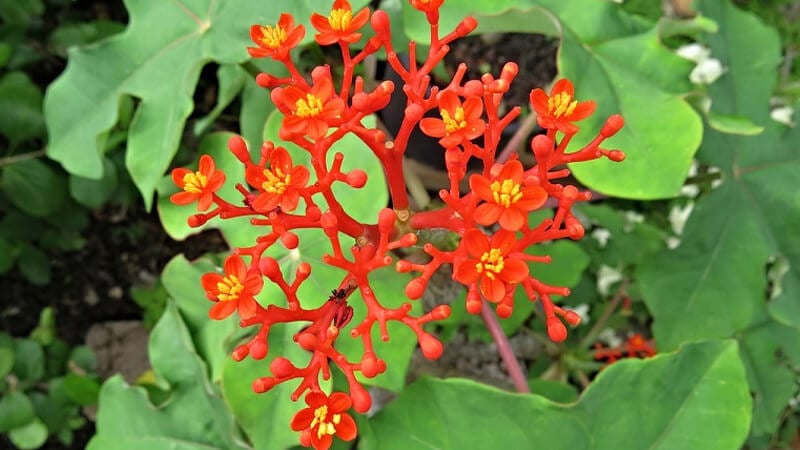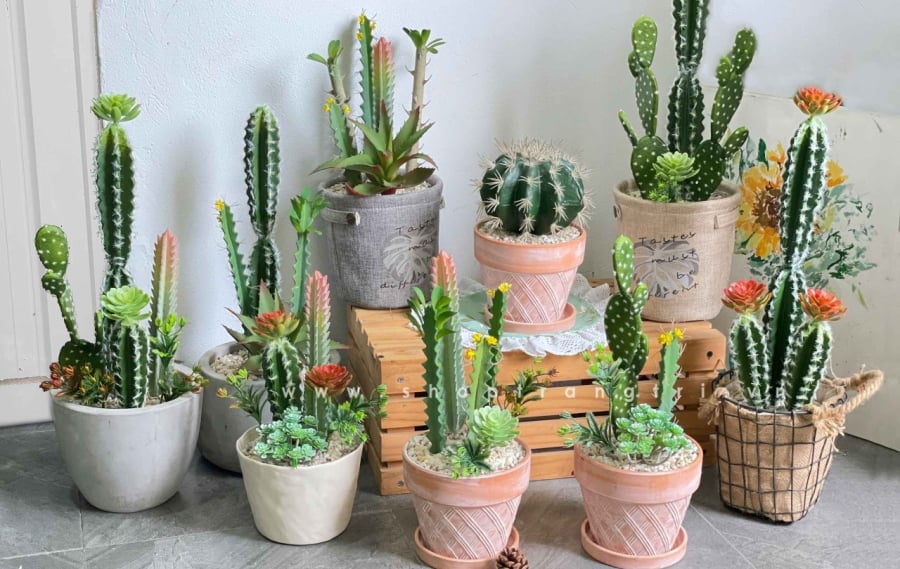Some houseplants are not suitable to give as gifts. Doing so may unintentionally convey ill intentions and bad luck to the recipient.
Below are three types of flowers and houseplants that you should avoid giving to others:
1. Houseplants and flowers with negative connotations
Each type of flower and houseplant carries a different meaning. While some plants attract good fortune and wealth, others symbolize misfortune, such as mulberry, banyan, willow, cactus, and hibiscus.
Most of these plants attract negative energy and are associated with mourning and weakness, making them unsuitable for indoor planting or gifting.

Hibiscus carries unfavorable feng shui implications.
Additionally, when giving flowers, consider the occasion and context. For instance, chrysanthemums are appropriate for funerals, but giving them on a regular day may suggest ill intentions.
Therefore, when offering flowers or houseplants, it is advisable to research the symbolism associated with the plant and consider the circumstances.
2. Poisonous flowers and houseplants
Some attractive flowers and houseplants are poisonous, including bamboo, dieffenbachia, peace lily, cactus, and Chinese evergreen. These plants can be harmful, especially to children and pets, if ingested or played with.

Cactus is not an ideal choice for a gift.
If your friend is allergic to pollen, avoid giving strongly scented flowers like lavender, tuberose, and roses, as they may disrupt their sleep and health. Instead, opt for foliage plants like money plants or golden pathos.
3. Houseplants with thorns
When choosing a houseplant as a gift for a friend, avoid plants with sharp thorns, such as cacti and Chinese evergreen.

Cacti are believed to attract negative energy.
While they may be easy to care for, these plants are often associated with bad luck and financial loss. For instance, some believe that cacti absorb negative energy and bring misfortune and unhappiness.
Furthermore, if there are children or pets in the household, the sharp thorns of these plants pose a safety hazard. Therefore, it is best not to consider thorny houseplants as gifts.
The information in this article is for reference only and is not intended to be taken literally.
































